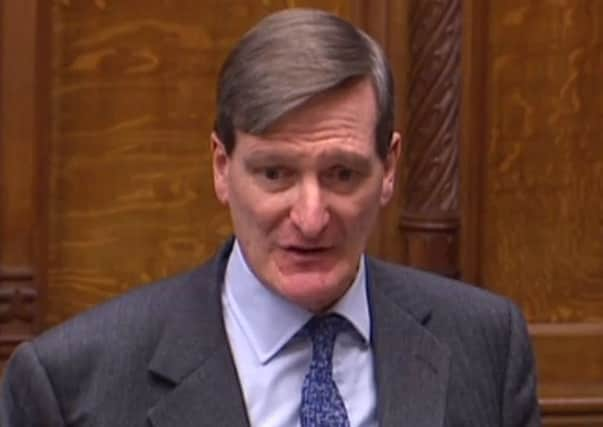Brexit: MPs against a no-deal must '˜take back control' '“ leader comment


On a tumultuous day at Westminster and beyond, there came a sign of hope.
A cross-bench group of MPs – led by former Conservative minister Dominic Grieve and supported by Keir Starmer, Labour’s shadow Brexit Secretary – succeeded in ensuring that parliament will have a say in the Government’s Brexit plans if Theresa May’s deal fails. It signalled the determination of MPs who have been quiet over the last two years, at least compared to the noisier Brexiteers, to work together across party lines to prevent a dangerous no-deal Brexit.
Advertisement
Hide AdAdvertisement
Hide AdThose who still believe no-deal is an option faced further signs of its potential damage. The Road Haulage Association warned firms in Scotland would be left in an “an incredibly precarious position” because they were likely to receive fewer permits to drive into the EU; Mark Carney, governor of the Bank of England, said food prices would soar because of increased tariffs, import costs and a fall in the pound; and a Toyota executive said it would have “stop-start production for weeks, possibly months” which would be “very, very difficult for us to cope with”.
All this concern is based on the general acceptance May’s deal is dead. If she wins Tuesday’s Commons’ vote, the Prime Minister will have pulled off a considerable coup. If she does not, she will have failed the basic requirement of any leader – sufficient followers.
Normally such a blunder, losing a vote of such significance, would be a resignation matter, and she could decide to go. But it might actually be better for the country if she carried on for the sake of continuity, in office but not really in power.
The silent, sensible majority of MPs – an informal cabinet, if you like – would then be able to take control of the process and work out a sensible alternative plan that avoids a no-deal Brexit. That could be a second referendum, an off-the-shelf Norway-style deal in which the UK remains in the Single Market, or some other option that does not risk economic ruin.
Oddly, May and Jeremy Corbyn, leaders of the two largest parties, face becoming almost irrelevant. Was anyone bothered by the cancellation of the BBC’s planned Brexit debate between them? But then, as MPs demonstrated yesterday by extraordinarily holding Government ministers in contempt over the legal advice about May’s deal, it is parliament, not the government, that is the ultimate source of power.